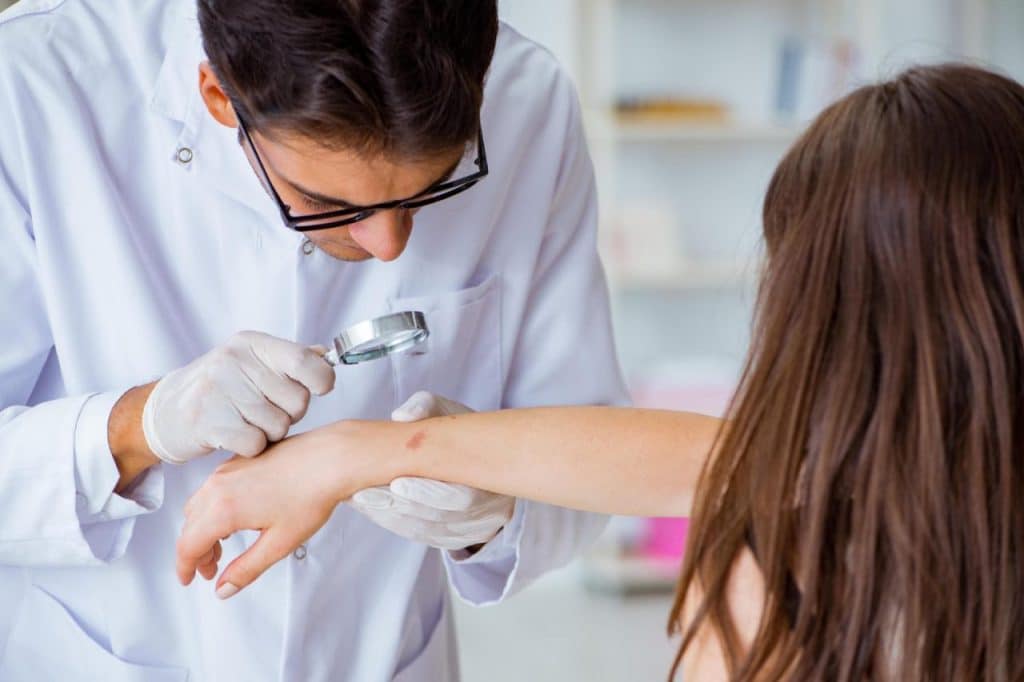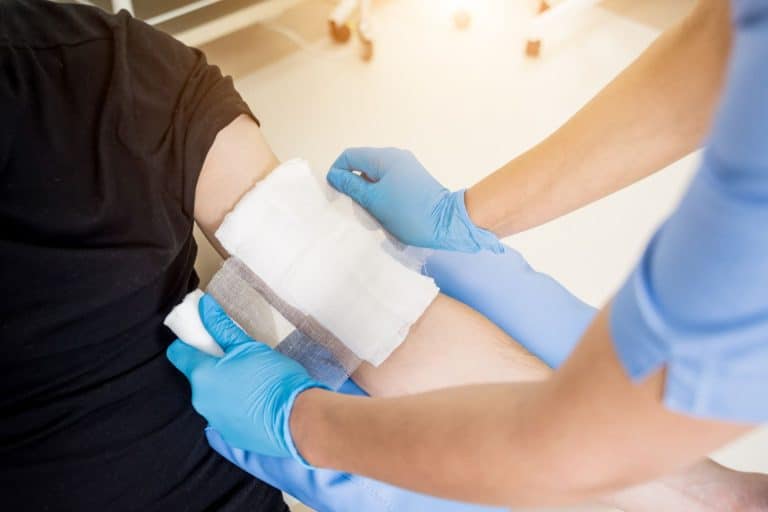Genetics plays a crucial role in determining an individual’s risk of developing skin cancer. While environmental factors such as ultraviolet (UV) radiation exposure are the primary causes of skin malignancies, genetic predispositions can increase susceptibility and influence disease severity. Below are key points regarding the genetic aspects of skin cancer risk:
1. Genetic Mutations and Their Role in Skin Cancer
Skin cancer develops due to genetic mutations that cause uncontrolled cell growth. These mutations can be:
- Inherited (germline mutations) – Passed down from parents and present in all cells.
- Acquired (somatic mutations) – Occur due to environmental exposure, particularly UV radiation.
Key genetic mutations associated with skin cancer include:
- P53 gene – A tumour suppressor gene that controls cell growth and DNA repair. Mutations in P53 are linked to non-melanoma skin cancers, particularly squamous cell carcinoma (SCC).
- CDKN2A gene – Encodes proteins that regulate the cell cycle. Mutations significantly increase the risk of melanoma.
- PTCH1 gene – Mutations in this gene are linked to basal cell carcinoma (BCC) and conditions such as Gorlin syndrome.
- BRAF gene – Mutations in BRAF are common in melanomas and some moles (naevi). Targeted therapies for melanoma focus on BRAF mutations.
2. Hereditary Skin Cancer Syndromes
Certain genetic syndromes are associated with a high risk of skin cancer:
- Gorlin Syndrome (Basal Cell Naevus Syndrome) – Caused by PTCH1 gene mutations, leading to the development of multiple BCCs from a young age.
- Xeroderma Pigmentosum (XP) – A rare genetic condition causing extreme sensitivity to UV light due to defective DNA repair mechanisms, significantly increasing the risk of all types of skin cancer.
- Familial Atypical Multiple Mole Melanoma Syndrome (FAMMM) – Often linked to CDKN2A mutations, this syndrome results in numerous atypical moles and a heightened risk of melanoma.
- Oculocutaneous Albinism – A genetic disorder affecting melanin production, increasing susceptibility to sun damage and skin cancers, particularly SCC.
3. Genetic Risk Factors for Different Types of Skin Cancer
- Melanoma – The most genetically influenced type of skin cancer. A family history of melanoma, especially with CDKN2A and BRAF mutations, greatly increases risk.
- Basal Cell Carcinoma (BCC) – Often linked to PTCH1 gene mutations, with UV exposure playing a significant role.
- Squamous Cell Carcinoma (SCC) – Associated with mutations in P53 and RAS, SCC risk is compounded by chronic sun exposure.

4. Interaction Between Genetics and Environmental Factors
- Although genetic predisposition is a key factor, environmental elements, particularly UV exposure, act as triggers for genetic mutations.
- People with fair skin (low melanin levels) are at greater risk due to reduced natural UV protection.
- Those with genetic conditions affecting DNA repair mechanisms, such as XP, are especially vulnerable.
5. Genetic Testing and Prevention
For individuals with a family history of skin cancer or known genetic syndromes, genetic testing can help assess risk.
Preventative strategies include:
✔ Regular skin checks – Early detection is key for effective treatment.
✔ Sun protection – Use broad-spectrum sunscreen, wear protective clothing, and seek shade.
✔ Avoidance of tanning beds – These significantly raise melanoma risk.
✔ Targeted therapies – Individuals with specific mutations, such as BRAF, may benefit from precision treatments.
Conclusion
Genetics plays a significant role in skin cancer risk, affecting susceptibility to melanoma, basal cell carcinoma, and squamous cell carcinoma. Understanding genetic predisposition allows individuals to take proactive steps in prevention, early detection, and treatment. If you have a family history of skin cancer or a genetic disorder affecting skin pigmentation or DNA repair, it is advisable to consult skin cancer doctors for personalised risk assessment and prevention strategies.






